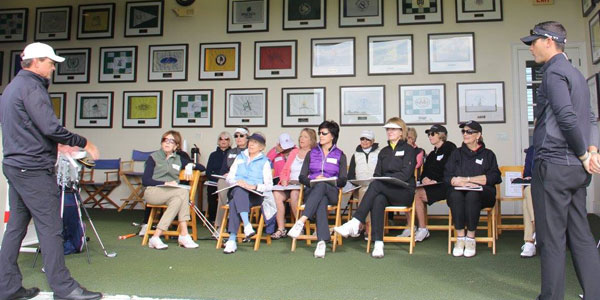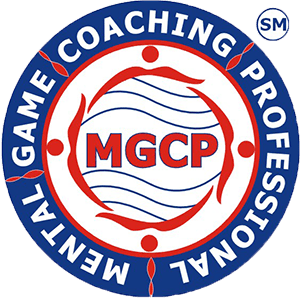
Starting Mental Training
How do you work with athletes that have no idea that mental training can help improve their performance or consistency?
I received a question recently from a mental coach who works with shooters. Here’s the question:
“In the shooting sports, you need full concentration and a clear mind. How do I start with students who have no knowledge of how to accomplish this or even know that mental training can improve their game?”
Education is always the first step towards introducing mental training with a group of athletes.
Athletes avoid what they don’t understand. In addition, you have to address the myths about working with a mental game coach.
How do you educate athletes about mental coaching? You want to help them identify with the challenges they might experience.
You might give them a short self-test by asking questions:
- Do you become distracted during your preshot routine?
- Do you dwell on the previous shot you missed and then can’t focus in the moment?
- Do you even think ahead about the score for the round when in the middle of the round?
- Do you over think your shooting skills by becoming too mechanical?
When you help your athletes identify with a specific mental game challenge they might have, they immediately understand how the mental game might interfere with their performance.
Helping athletes with concentration is the easy part once they feel the need to embrace mental coaching.
I have a simple formula for this, which is very straightforward:
- Teach them the proper performance cues to focus on
- Help them understand their top distractions
- Teach them how to refocus when they are not fully engaged in the process.
Of course I’m over simplifying the formula, but athletes already know how to concentrate. The problem is that their focus gets displaced on the wrong things, such as thinking about the past or future stuff.
Your most difficult challenge is to help your students buy into mental coaching. Once you have their full attention, teaching the process and strategies is the easy part –at least in your situation.
If you want to learn my entire system for mental coaching—from contact to assessment to mental skills—enroll in the mental coach certification course (MGCP). We offer 3 courses a year, spring, summer, and fall. Learn more about the Mental Game Coaching Professional Course here.
Related Mental Coaching Articles
- 5 Reasons Athletes Don’t Do Mental Training
- Assessing Mental Training Effectiveness
- 4 Tips to Help Athletes Stay Committed to Mental Training
Mental Coach Assessment System

If you help athletes improve their mental game and want to be more effective with helping them build mental toughness, but don’t have a proven system for identifying and assessing your athletes’ mental game, I can help you…
I view this assessment as a way to “interview” athletes before they come in for coaching–and to improve organization and speed up the coaching process. Today, I call it the Athlete’s Mental Aptitude Profile or AMAP for short. Now you too can learn how to use the AMAP Assessment system with your athletes…
The AMAP System teaches you how to easily identify your athletes’ mental game challenges, what mental game issues to look for when reading the AMAP, and how to do a summary of the AMAP. In addition, you’ll also get follow up questions to ask and how learn about how to drill down on relevant topics.

